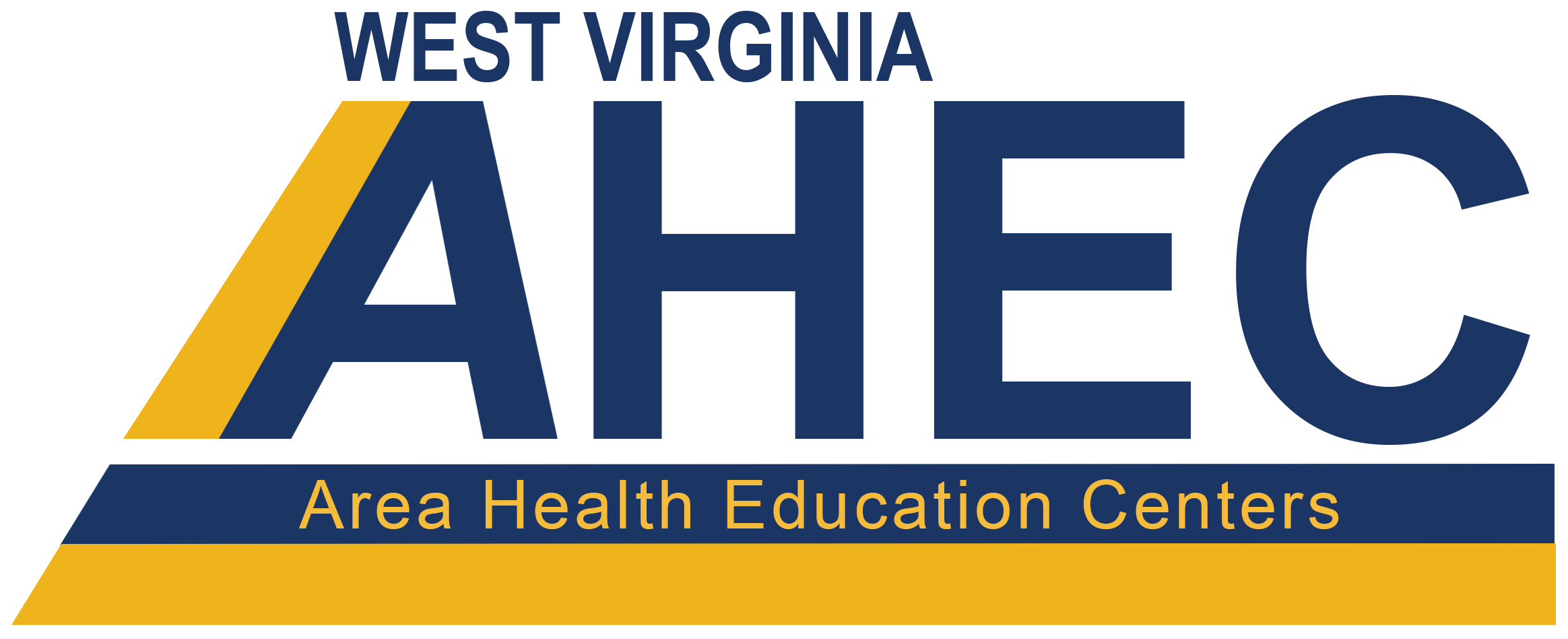At West Virginia University, music is not only entertainment but also a tool for healing.
WVU recently expanded its unique Music Therapy Program and is growing it throughout Ruby Memorial Hospital. The program will bring music therapy to all patients and will collaborate with physicians, nurses and other members of patient treatment teams.
The program gets the patients active in music, whether through song or playing an instrument. A variety of musical instruments are incorporated into the therapy, based on the patient’s goals.
Hannah Bush, assistant professor of Music Therapy, is the newly appointed full-time music therapist and coordinator of music therapy clinical education within WVU School of Medicine. Lauren Starkey is assisting Bush in the development of the Music Therapy Division. Starkey, who was the first music therapy intern for WVU Medicine, is board-certified and is currently working as a music therapist.
“Our goal is for patients to use music as a tool to reach non-musical goals,” Bush said.
The element of music is now nationally recognized as an established therapeutic program according to the American Music Therapy Association. At WVU, healing through music therapy can address and treat the physical, emotional, cognitive and social needs of individuals.
“The WVU Music Therapy Program is relatively new. When it began, it was small with low numbers,” Starkey said. “But now, it has grown into many individual consults, high referrals, and several groups throughout the hospital.”
Through Musical Therapy, patients’ abilities are developed and strengthened to improve their lives. The patients don’t need to be musically inclined for the therapy to be effective.
“Singing can be used to help people work on breath support and communication, playing instruments help develop motor skills, and music can be used to calm children who are afraid of the hospital environment,” Bush said.
Bush is particularly interested in music therapy for pediatric care and families of children going through intensive medical care.
“Live music can lower heart rate in pediatric patients who are hospitalized in intensive care units,” Bush said. “It can also help lower the anxiety of caregivers, through seeing their child calm to music, and through the positive memories music brings.”
Starkey tends to gravitate towards adults, and people in substance abuse and recovery programs. She believes providing a creative outlet gives patients something different to focus on.
“I enjoy working with substance abuse groups. Providing a creative channel such as music can be a great outlet for coping with the emotional and physical distress,” Starkey said.
Together, both Bush and Starkey are seeking to expand and innovate the Music Therapy Program. Bush recently launched a Parkinson’s singing and movement group in partnership with the school of medicine’s occupational and physical therapy departments. They also want to continue to expand their work within WVU’s outpatient treatment facilities.
The Music Therapy Program for parents and children is free of charge but is donor funded. For more information, contact Bush.

